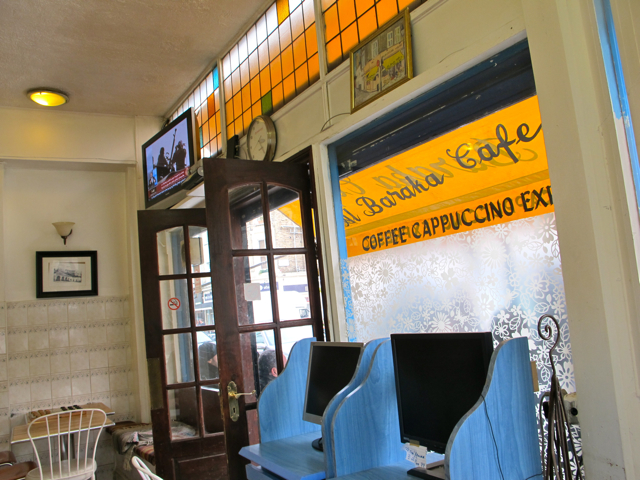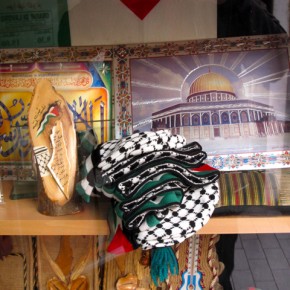You didn’t want to listen to it. That is, the song you hear repeatedly in your head, untethered from your iPod, and your CD collection. Overheard in an elevator, or while shopping, such sounds have a colonizing effect. We hear it during our most private moments. We think about it when we try to script our own musical sensibilities. Everything about our sonic imaginary is defined in relation to it.
The problem is that music is an integral feature of everyday life. It is an essential part of most of the environments we inhabit, and, increasingly, the communications technologies we use.
The idea of having an independent sense of sound is increasingly difficult. Particularly in the era of digital distribution, when even the most arcane underground music is globally available from three or four American-owned online retailers. And they all sell the exact same recordings.
So, what do we do then, to try and restore a sense of musical uniqueness to our lives? One idea is to go out and record what we hear in commercial spaces, and try and make some sense out of it. Does it sound like anything else you encounter, in other contexts, like a supermarket, or a clothing store? Is there anything local about it? Was anything else taking place, in the same space, when you recorded it? How about the world?
This recording was made in a Moroccan cafe, in west London, in March 2011. There were four people in the place. Two worked there. The other two were customers. Al-Jazeera’s Arabic channel was being broadcast from a large LCD screen near the entrance. The sound was turned off. The images were of Arab Spring protests in Tunisia and Egypt, and airstrikes in Libya. The music itself is appropriately regional, and played from a cassette.
Recording and photographs courtesy of Joel Schalit





